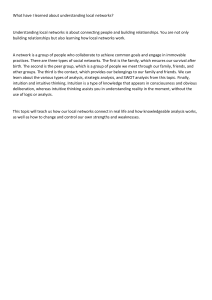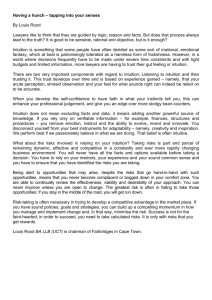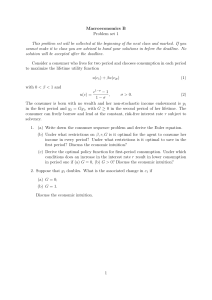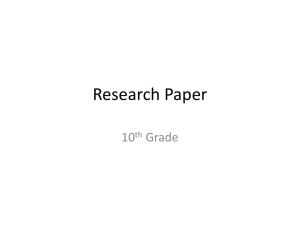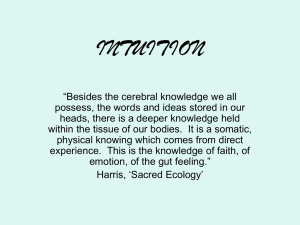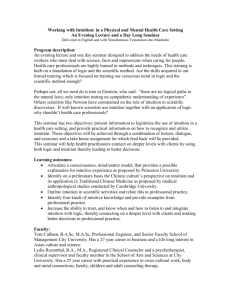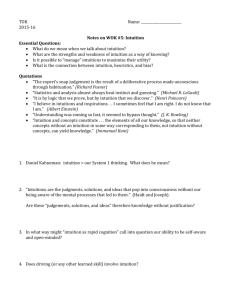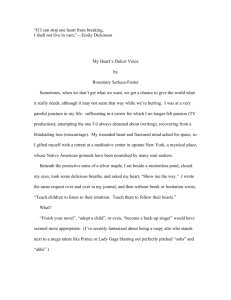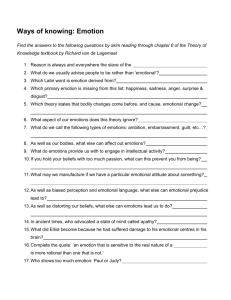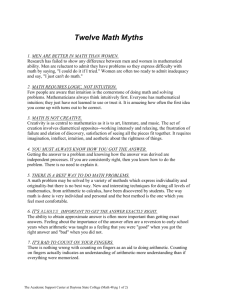Pigliucci recent research
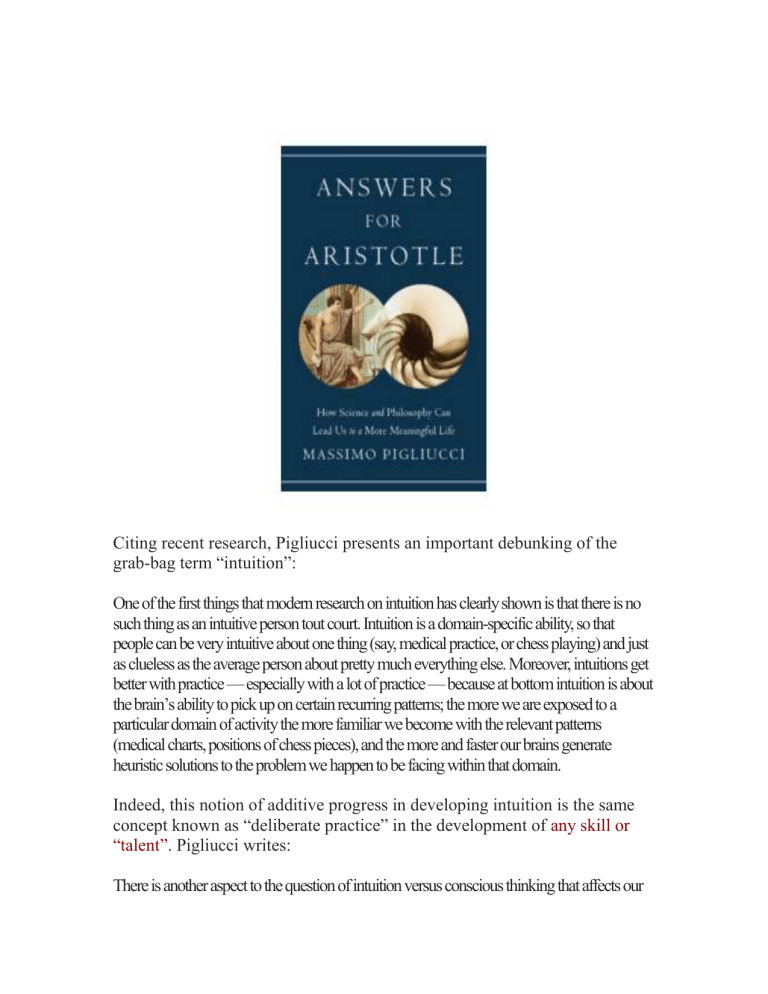
Citing recent research, Pigliucci presents an important debunking of the grab-bag term “intuition”:
One of the first things that modern research on intuition has clearly shown is that there is no such thing as an intuitive person tout court. Intuition is a domain-specific ability, so that people can be very intuitive about one thing (say, medical practice, or chess playing) and just as clueless as the average person about pretty much everything else. Moreover, intuitions get better with practice — especially with a lot of practice — because at bottom intuition is about the brain’s ability to pick up on certain recurring patterns; the more we are exposed to a particular domain of activity the more familiar we become with the relevant patterns
(medical charts, positions of chess pieces), and the more and faster our brains generate heuristic solutions to the problem we happen to be facing within that domain.
Indeed, this notion of additive progress in developing intuition is the same concept known as “deliberate practice” in the development of any skill or
“talent” . Pigliucci writes:
There is another aspect to the question of intuition versus conscious thinking that affects our
quality of life, and that has to do with research showing how people get better at what they do or get stuck in it.
[…]
An ‘expert’ is someone who performs at a very high level in a given field, be it medicine, law, science, chess, tennis, or soccer. As it turns out, people become experts (or simply, much much better) at what they do when they use their intuition and conscious thinking in particular ways. Research on acquiring skills shows that, roughly speaking, and pretty much independently of whether we are talking about a physical activity or an intellectual one, people tend to go through three phases while they improve their performance. During the first phase, the beginner focuses her attention simply on understanding what it is that the task requires and on not making mistakes. In phase two, such conscious attention to the basics of the task is no longer needed, and the individual performs quasi-automatically and with reasonable proficiency. Then comes the difficult part. Most people get stuck in phase two: they can do whatever it is they set out to do decently, but stop short of the level of accomplishment that provides the self-gratification that makes one’s outlook significantly more positive or purchases the external validation that results in raises and promotions. Phase three often remains elusive because while the initial improvement was aided by switching control from conscious thought to intuition—as the task became automatic and faster— further improvement requires mindful attention to the areas where mistakes are still being made and intense focus to correct them. Referred to as ‘deliberate practice,’ this phase is quite distinct from mindless or playful practice.
